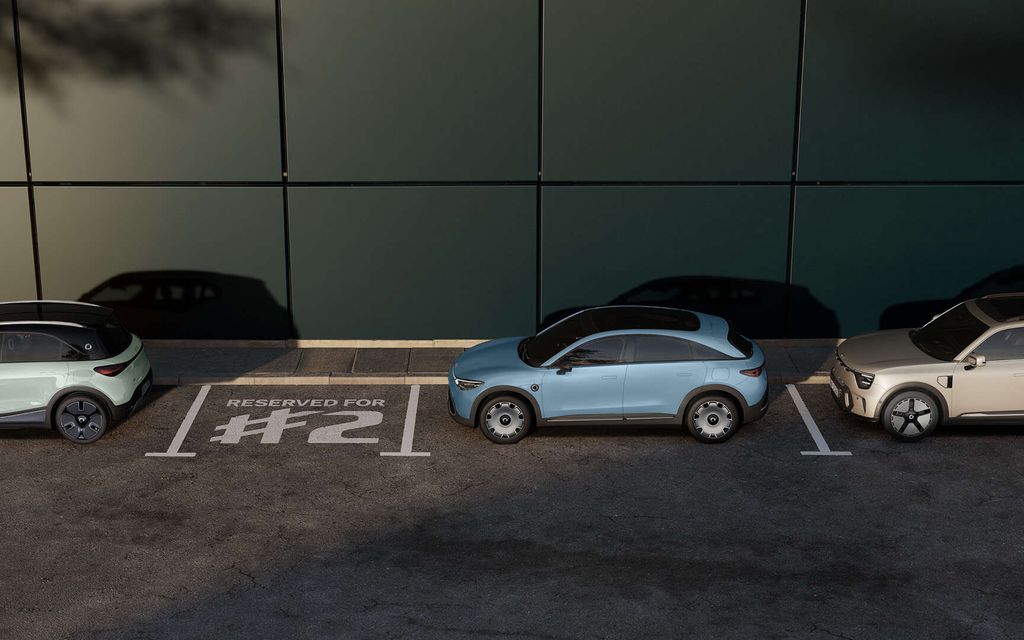Smart's Bold Move: A Return to Compact City Cars in 2026
Automotive journalist covering car reviews, industry news, and automotive technology

In a surprising strategic pivot, automaker Smart has announced its plans to reintroduce a small A-segment city car to its lineup by 2026. Once primarily known for its compact vehicles, Smart had shifted focus to larger models but is now revisiting its roots with this new initiative.
Smart, the joint venture between German automaker Mercedes-Benz and Chinese company Geely, has confirmed that it will release a new small city car in 2026. The model, intriguingly named #2, will join the existing lineup of #1, #3, and #5, with the naming convention reflecting the relative size of each vehicle. This new addition harks back to Smart's iconic ForTwo model, which was first launched in 1998 and became a symbol of efficient city driving. The upcoming #2 will be a fully electric vehicle, developed with Mercedes-Benz's design expertise and manufactured in China. The car will be based on a new platform called Electric Compact Architecture, tailored specifically for this model.
The decision to reintroduce a compact city car comes amidst challenging times for Smart. The company, once a leader in urban mobility, has faced significant declines in sales across Europe, with a 59% drop reported this year. In its peak years, Smart sold over 100,000 units annually in Europe alone, but recent figures have fallen to under 7,000 units sold by July 2025. This decline is partly attributed to the broader downturn in the European auto market, as well as increased competition and stringent regulatory requirements that have raised production costs.
Smart's new #2 model represents a strategic response to these market challenges. By offering a compact, fully electric vehicle, Smart aims to capitalize on the growing demand for sustainable urban transportation solutions. The vehicle's design will address modern safety, emission, and data security standards, which have become increasingly rigorous. However, the car must also navigate the complexities of manufacturing in China, where additional tariffs on Chinese-made vehicles could impact pricing competitiveness against rivals like Fiat's 500e, Renault's upcoming Twingo, and Volkswagen's ID.1.
Looking ahead, Smart's #2 is just one of three new models the company plans to launch in the near future. This ambitious roadmap reflects Smart's commitment to reestablishing itself as a leader in the small car segment, leveraging its historical strengths in compact vehicle design. Despite the hurdles of market volatility and regulatory pressures, Smart's innovative approach and commitment to electric mobility may well position it for a successful resurgence in the coming years.
About Robert Davis
Automotive journalist covering car reviews, industry news, and automotive technology